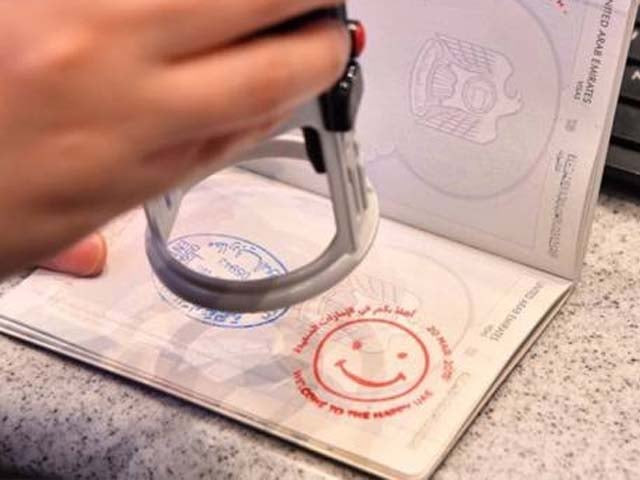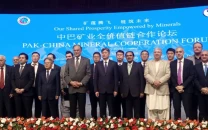Pakistan accedes to Apostille Convention
PM’s aide says MoFA is working to notify notaries to attest documents which will be acceptable in all member states

The country is one step closer to becoming part of the Apostille Convention as President Dr Arif Alvi on Thursday approved the instrument of accession to the treaty to become its member on the request of Prime Minister Shehbaz Sharif.
Public documents originating from the country that are attested in line with the requirements of this treaty will be accepted in the 122 countries that are its current members and vice versa
The treaty was drafted by the Hague Conference on Private International Law (HCCH). The forum needed the formal approval of the Pakistani government if it wished to join it.
Also read: SC calls for speedy justice for overseas Pakistanis
The only formality left is to the HCCH to formally give it the nod.
Head of Prime Minister's Strategic Reforms Salman Sufi tweeted: “A big relief for overseas Pakistanis. The Accession to Apostille Convention has been approved.”
He added that the Foreign Office was working to implement and notify notaries across Pakistan to attest documents which would be acceptable at all Hague convention signatory countries. He also said the process would take about six months.
If duly attested as per the Apostille Convention guidelines by the country of origin, these documents will be accepted in Pakistan without any further authentication requirements.
Becoming a member of the Apostille Convention will facilitate millions of Pakistanis living abroad.
According to the HCCH website, the Convention of 5 October 1961, “Abolishing the Requirement of Legalisation for Foreign Public Documents” (HCCH 1961 Apostille Convention) facilitates the use of public documents abroad.
The purpose of the Convention is to abolish the traditional requirement of legalisation, replacing the often lengthy and costly legalisation process with the issuance of a single Apostille certificate by a competent authority in the place where the document originated. This simplified framework facilitates the circulation of public documents internationally for individuals, families, and commercial operators.
The electronic Apostille Programme (e-APP) was launched in 2006 to support the electronic issuance and verification of Apostilles around the world. It allows improvements to be made to the accessibility and usability of the Convention using commonly available technologies. There are two components to the e-APP: e-Apostilles and e-Registers. An e-Apostille is an Apostille issued in electronic form and signed by electronic signature with a digital certificate. e-Apostilles may be issued on electronic documents or on paper documents that have been scanned into electronic form. An e-Register is a register maintained in a publicly accessible, electronic form which allows any interested person to verify their Apostille online.
The convention has over 120 contracting parties, and has become one of the most widely applied multilateral treaties in the area of legal cooperation, with several million Apostilles issued each year.



















COMMENTS
Comments are moderated and generally will be posted if they are on-topic and not abusive.
For more information, please see our Comments FAQ